Ratcliffe Hicks School of Agriculture
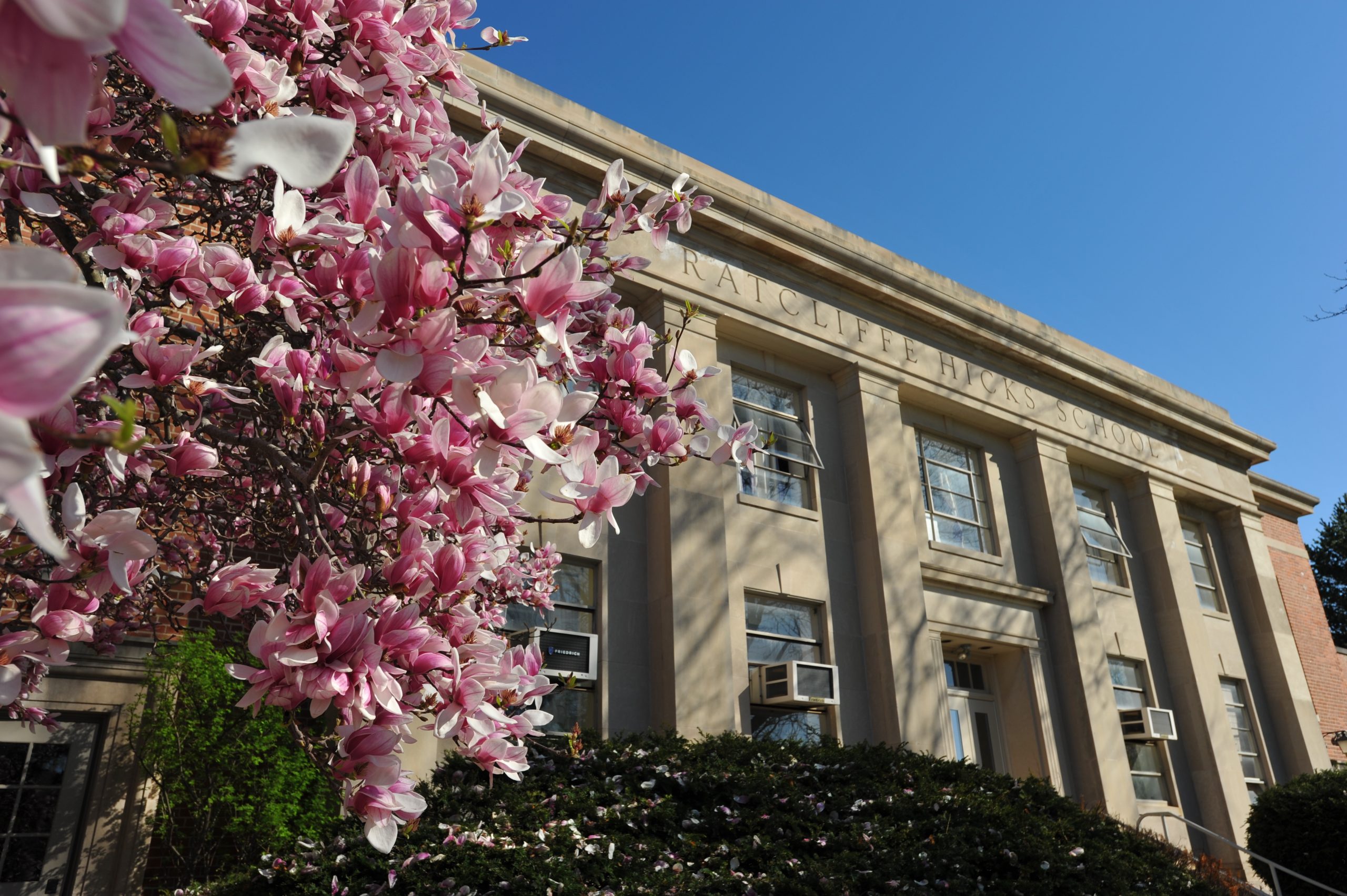
The Ratcliffe Hicks School of Agriculture (RHSA) offers an Associate of Applied Science (AAS) degree in Plant Science. Student's in this program may concentrate in Ornamental Horticulture, Turfgrass Management, or Sustainable Crop Production.
RHSA provides an opportunity for students with a variety of educational backgrounds and experiences to further their education with an applied focus. RHSA students include recent high school graduates as well as adults who are interested in continuing their education or a career change. For more information on the various Plant Science concentrations, visit the Ratcliffe Hicks website.
Courses & Faculty
RHSA courses are taught by faculty in the College of Agriculture, Health and Natural Resources. RHSA students also take classes with baccalaureate degree-seeking students in CAHNR and other colleges within UConn.
The recommended course sequences for the three concentrations in Plant Science can be found here:
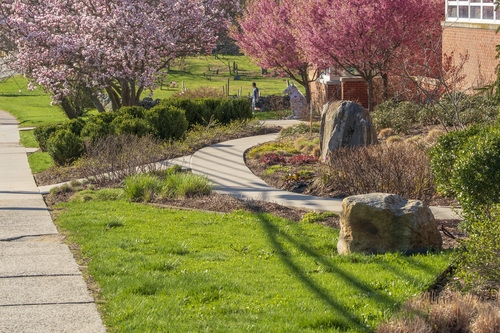
Additional information about the Ratcliffe Hicks School of Agriculture may be found in the Undergraduate Catalog.
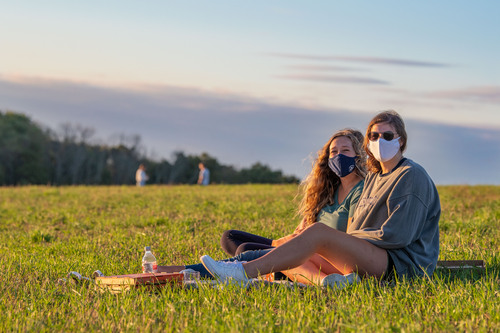
Campus/Residential Information
RHSA students are considered UConn students and have the opportunities and resources available to any other student at the University. One main difference is RHSA students may not compete on NCAA-sanctioned sports teams; however, there are many intramural and club athletics available.
The Ratcliffe Hicks School of Agriculture is only available at the Storrs campus. RHSA students are subject to the UConn Residency Requirement starting in fall 2019. Information, including the exemption process, can be found on the UConn Residency Requirement Information site.
Career Opportunities
RHSA graduates have the skills and knowledge to enter many challenging and exciting careers. They are highly qualified for competitive positions and often own businesses or manage production operations. Plant Science majors pursue a wide array of careers in floriculture, landscape and grounds maintenance, greenhouse and garden center operation, nursery production, park and land management, or arboretums and botanic gardens.
The College of Agriculture, Health and Natural Resources has a Career Consultant through the Center for Career Development that works with many Ratcliffe Hicks students on resumes, cover letters, internship searches, and job applications. Visit the Career Development page to learn more about the resources available to students in RHSA.
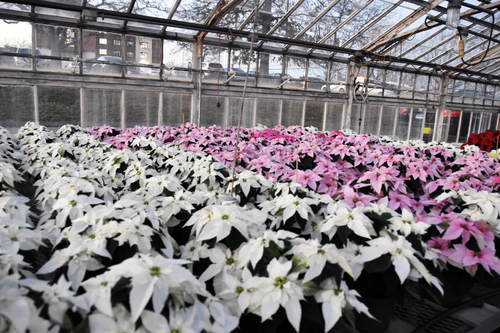
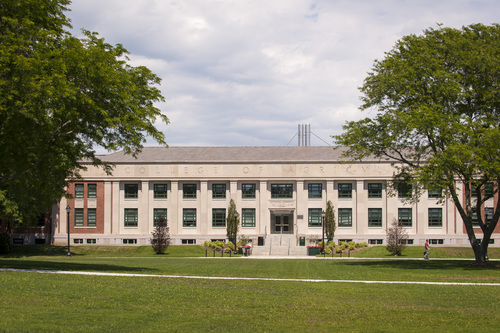
Continuing Education Beyond RHSA
Many RHSA graduates continue their education and pursue baccalaureate or higher degrees at UConn and elsewhere.
RHSA students who successfully complete the program and graduate with a cumulative grade point average (GPA) of 2.7 or above are eligible to apply for transfer into the College of Agriculture, Health and Natural Resources for a baccalaureate (4-year) program. Many students discuss their plans with their academic advisor and/or professional advisors in the CAHNR Office of Academic Programs.